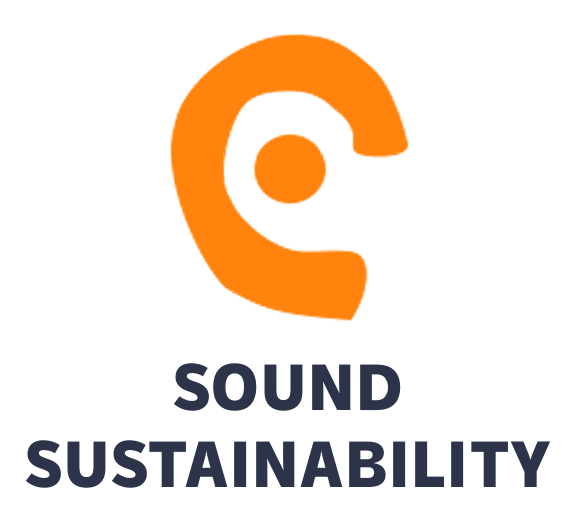Overview
Sound Sustainability was a Seattle Founder Institute portfolio company focused on developing an affordable and customizable OTC hearing aid for adults with mild-to-moderate hearing loss that users could purchase online. The company’s mission is to improve hearing health and increase access. I worked with Sound Sustainability as part of an independent study during my MS program in Human Centered Design & Engineering at the University of Washington.
Role
I was brought on as one of several members of the product team, focused on conducting user and market research in the hard-of-hearing community to understand their experiences and inform the product development.
Process
Initially, I worked with the team on scoping who we wanted to talk to and what we hoped to understand from them. With that in mind, our team of researchers created an initial survey to send out. This survey helped us learn more about the diverse audience we would be working with, the different levels of hearing loss, and some background on their experiences purchasing and wearing hearing aids. We selected a range of ages and levels of hearing loss to interview in 30-minute sessions. In total, I interviewed 6 people about their experiences out of 25 participants.
We explored their goals, needs and pain points, and history with hearing loss in order to map out the full scope and stages of their experiences: taking a hearing test, deciding to address hearing loss, purchasing hearing aids (or choosing not to) and use of the aid. We learned a lot about the anxieties and stigmas attached to being a person with hearing loss, how it has affected their personal and professional relationships, and where the market is not helping address this condition.
Outcomes
The information we learned helped the Sound Sustainability team gain new insights on how to design and market the hearing aid, but also showed areas that would benefit from attention: it takes years for people to address hearing loss - partially due to stigma and partially to infrequent hearing exams or just ignoring it as a problem until it becomes extreme, like due to sudden illness. The team took these insights to look at ways to address hearing health through education and online tools such as developing an online hearing test in their website.
The startup went on to win the WRF Capital Grand Prize at the 2021 Hollomon Health Innovation Challenge for their approach to improving access for hearing impaired or challenged individuals.
